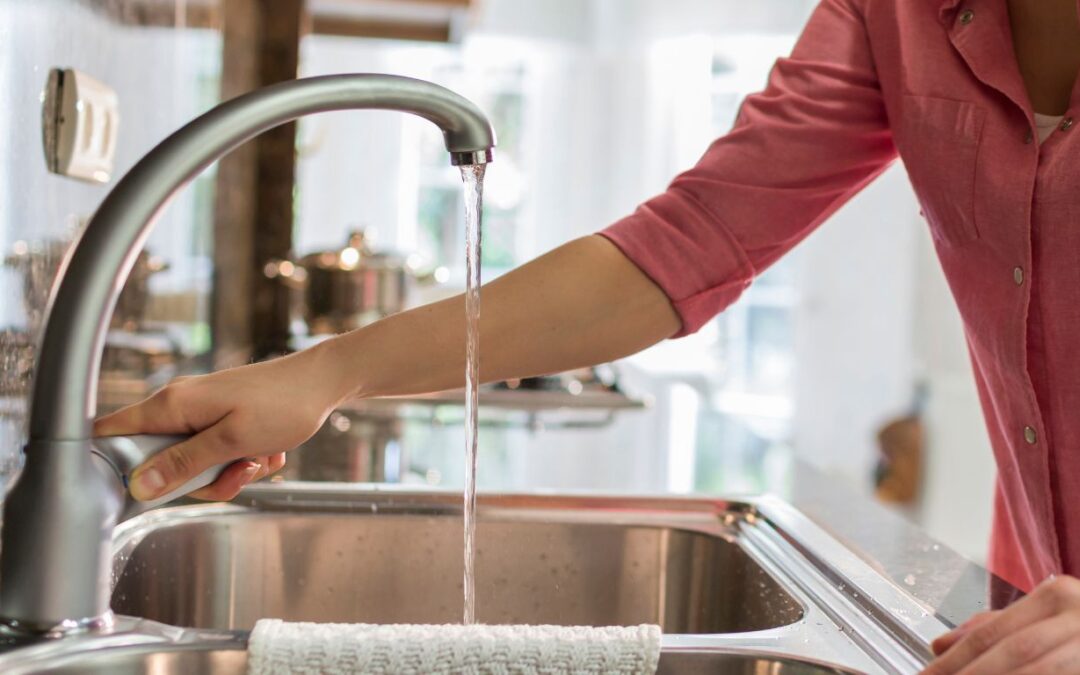When the dry season hits, water conservation becomes more crucial than ever. It’s not just about saving on your utility bills but also playing your part in preserving this precious resource.
Why Water Conservation Matters
With reduced rainfall, reservoirs and groundwater levels drop, leading to potential water shortages. This can impact everything from agriculture to daily household needs. By reducing water usage, you help ensure there’s enough to go around. Here’s how you can optimize your home’s water usage and ensure you’re not wasting a single drop.
Smart Tips for Optimizing Water Usage
- Install Low-Flow Fixtures
One of the simplest ways to save water is by installing low-flow showerheads, faucets, and toilets. These fixtures reduce water flow without compromising on performance, allowing you to save water every time you turn on the tap. - Fix Leaks Promptly
A dripping faucet or a running toilet can waste gallons of water each day. Regularly check for leaks and fix them as soon as possible. Not only will this save water, but it’ll also prevent a spike in your water bill. - Use Water-Efficient Appliances
Modern appliances like dishwashers and washing machines come with water-saving modes. Opt for energy-efficient models that use less water and electricity, and make sure to run them with full loads to maximize efficiency. - Optimize Irrigation Practices
Lawn and garden watering can be a major source of water use. Water your plants during the early morning or late evening to minimize evaporation. Consider installing a drip irrigation system that delivers water directly to the roots, reducing waste. - Harvest Rainwater
Even during dry seasons, occasional rain showers can be a source of water for your garden. Install a rain barrel to collect and store rainwater from your roof. This water can be used for irrigation, reducing your reliance on municipal water supplies. - Mulch Your Garden
Mulching not only helps retain soil moisture but also reduces the need for frequent watering. Spread a layer of organic mulch around your plants to keep the soil cool and minimize evaporation. - Shorten Your Showers
Cutting your shower time by just a few minutes can save a significant amount of water. Encourage family members to be mindful of their water usage and consider using a shower timer to help stay on track. - Turn Off the Tap
Simple habits like turning off the tap while brushing your teeth or washing dishes can add up to substantial water savings. Use a basin for washing dishes instead of letting the water run continuously.
Sustainable Landscaping
Beyond daily water use, consider how your landscaping choices impact water consumption. Xeriscaping, or landscaping with drought-resistant plants, can drastically reduce the need for irrigation. Native plants are well-adapted to local conditions and typically require less water.
Educational Efforts
Educate your family about the importance of water conservation. Children can learn to be more mindful of their water usage through fun activities and games. Promote awareness by setting water-saving goals and tracking progress as a family.
Conclusion
By following these tips, you can significantly reduce your water usage and make a positive impact during the dry season. Remember, every drop counts! For plumbing services, consider reaching out to ASK Plumbing and Heating. We proudly serve Salem, Essex, Lynn, Haverhill, Rowley, Georgetown, Danvers and nearby areas.
FAQs on Water Conservation
- What are the benefits of water conservation? Water conservation helps reduce utility bills, preserves water resources, and supports environmental sustainability.
- How can I detect leaks in my home? Check your water meter before and after a two-hour period when no water is being used. A change in the meter reading indicates a leak.
- What is xeriscaping? Xeriscaping is a landscaping method that uses drought-resistant plants to reduce the need for irrigation.
- How much water can I save by installing low-flow fixtures? Low-flow fixtures can reduce water usage by up to 60%, depending on the fixture type and usage habits.
- Is rainwater harvesting legal? Rainwater harvesting regulations vary by location, so it’s essential to check your local laws before installing a system.
